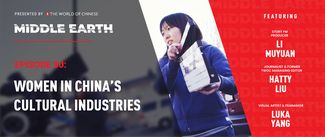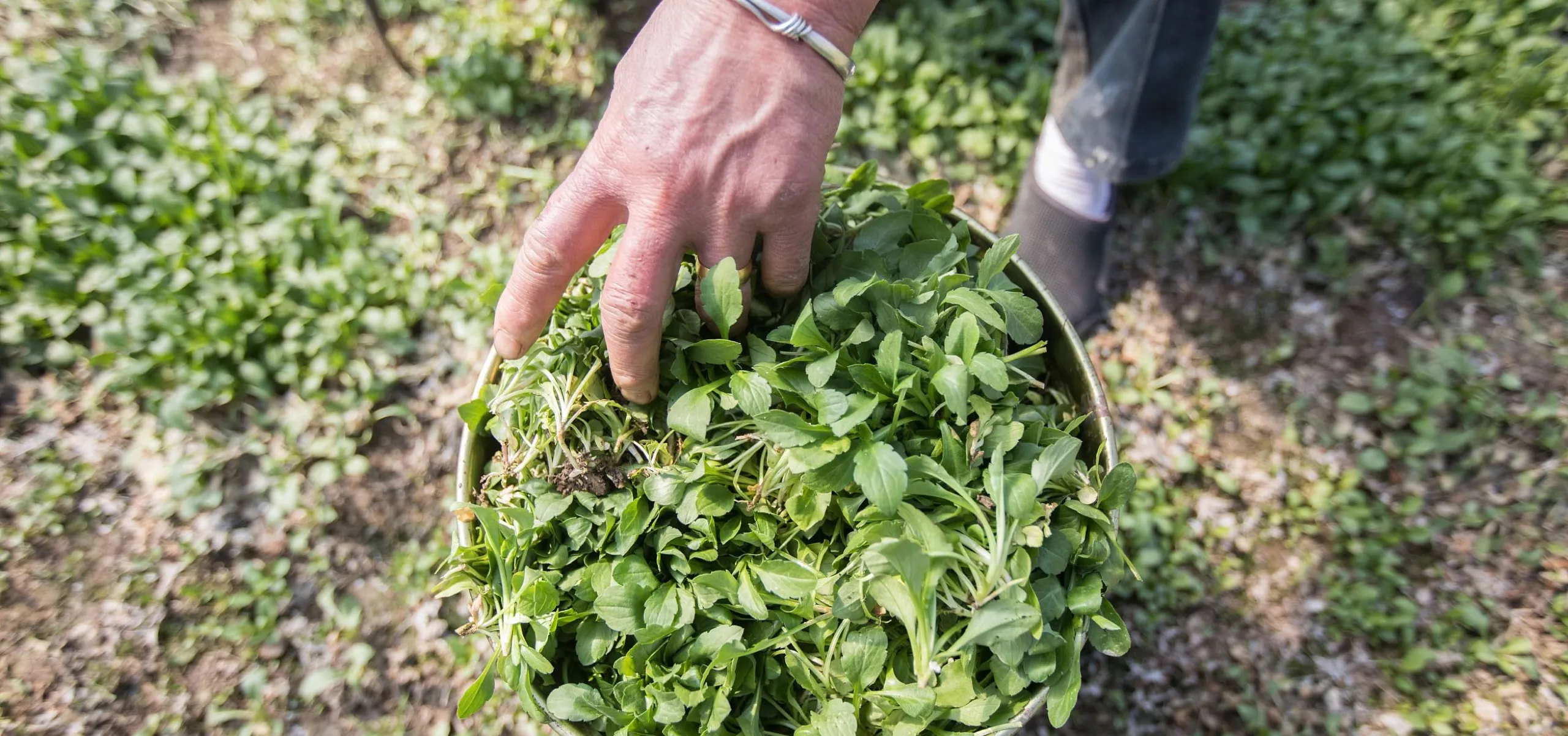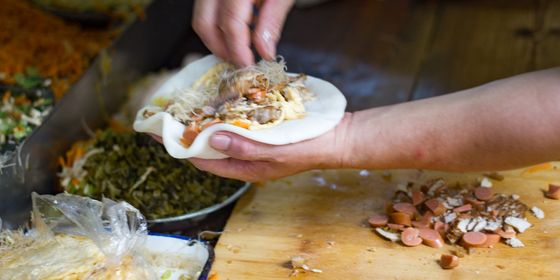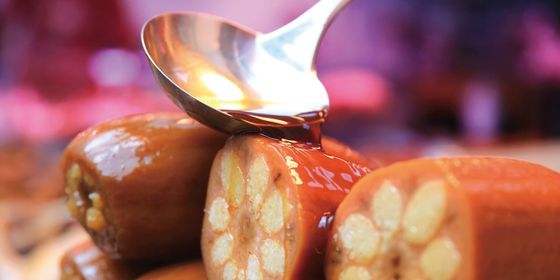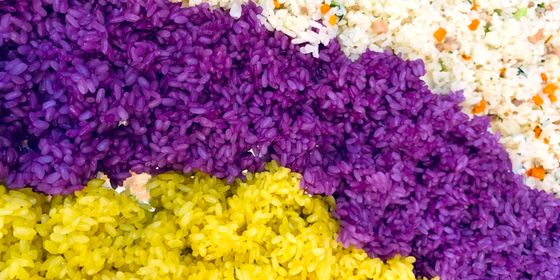Spring in Ningbo is a time for hunting delicious wild vegetables
When the Monkey King (Sun Wukong) and his band of travelers save a poor woodcutter from the clutches of an evil mountain-dwelling monster in the classic 16th-century fantasy novel Journey to the West, the victim and his old mother reward them with a feast. But without the money to purchase lavish ingredients, they put together the banquet with over 40 plants and vegetables found in the wild.
Wild vegetables are still common ingredients in many dishes around China today, while in the coastal city of Ningbo, locals often spend their spring leisure time hunting for delicacies that sprout freely from the ground. Many locals believe these wild spring ingredients can help rejuvenate the body after winter and provide it with energy. A well-known saying in Ningbo is “Eat shoots in spring, eat roots in winter (春吃芽,冬吃根),” meaning that in the spring, people should eat vegetables that shoot up from the earth, while in winter, they should consume plants that grow in the ground.
While there are dozens of wild vegetables that grow in Ningbo, locals have a few favorites. Indian aster, a green herb with serrated leaf edges, red roots, and a distinctive smell, is one such favorite.
Its Chinese name is malantou (马兰头), sometimes written as 马拦头, which literally means to make a horse turn its head. According to a local legend, the tender taste of malantou in the wild is enough to make a horse reluctant to move on from where they grow. Perhaps because of the name, malantou has become a farewell gift, cooked when one wants to wish a friend a pleasant journey and express regrets at saying goodbye.






